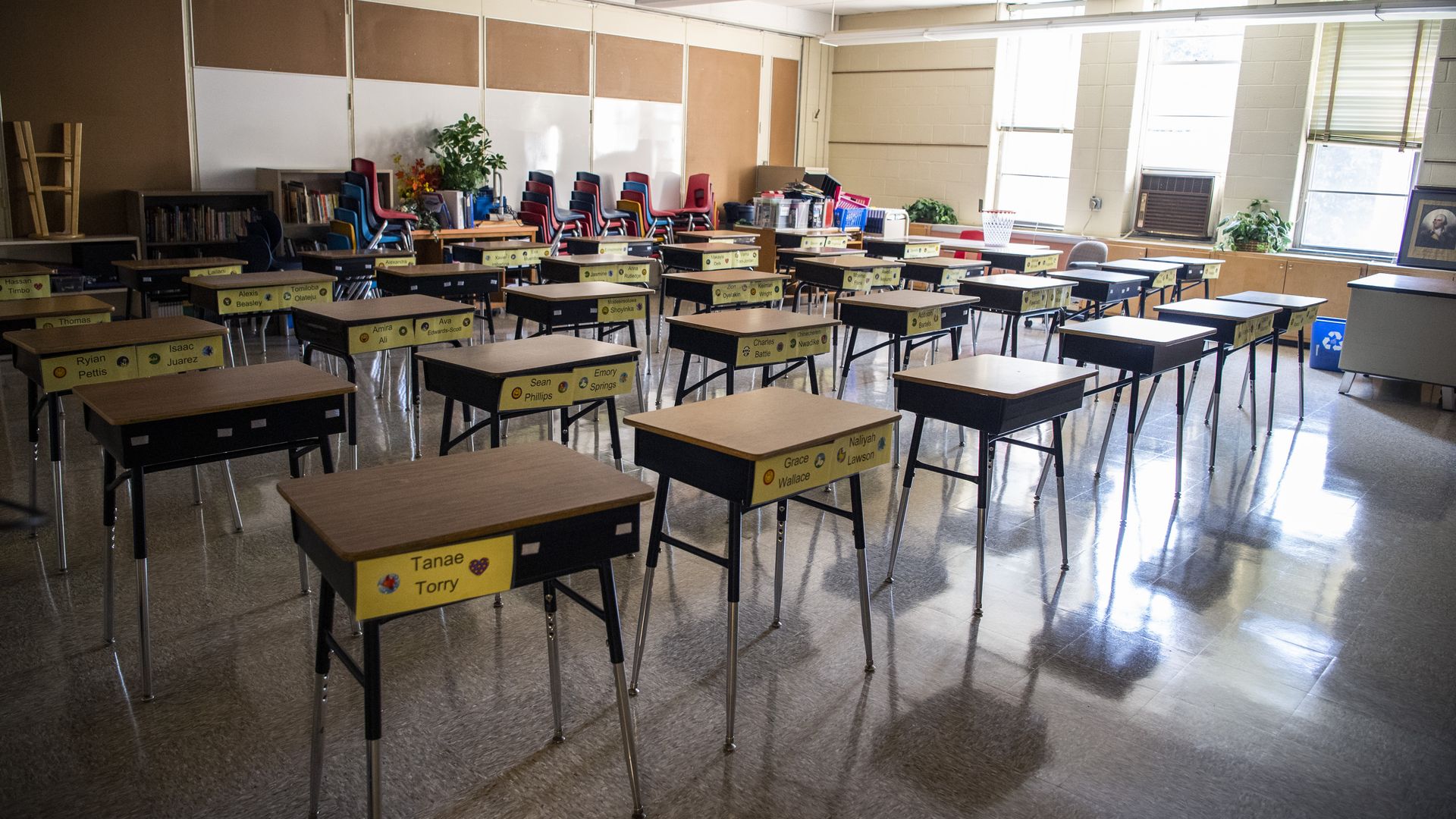Sep 8, 2020 - Economy
OECD: U.S. economy could lose $15.3 trillion over next century due to school closures
Add Axios as your preferred source to
see more of our stories on Google.

Photo: Tom Williams/CQ-Roll Call, Inc via Getty Images
Add Axios as your preferred source to
see more of our stories on Google.

Photo: Tom Williams/CQ-Roll Call, Inc via Getty Images